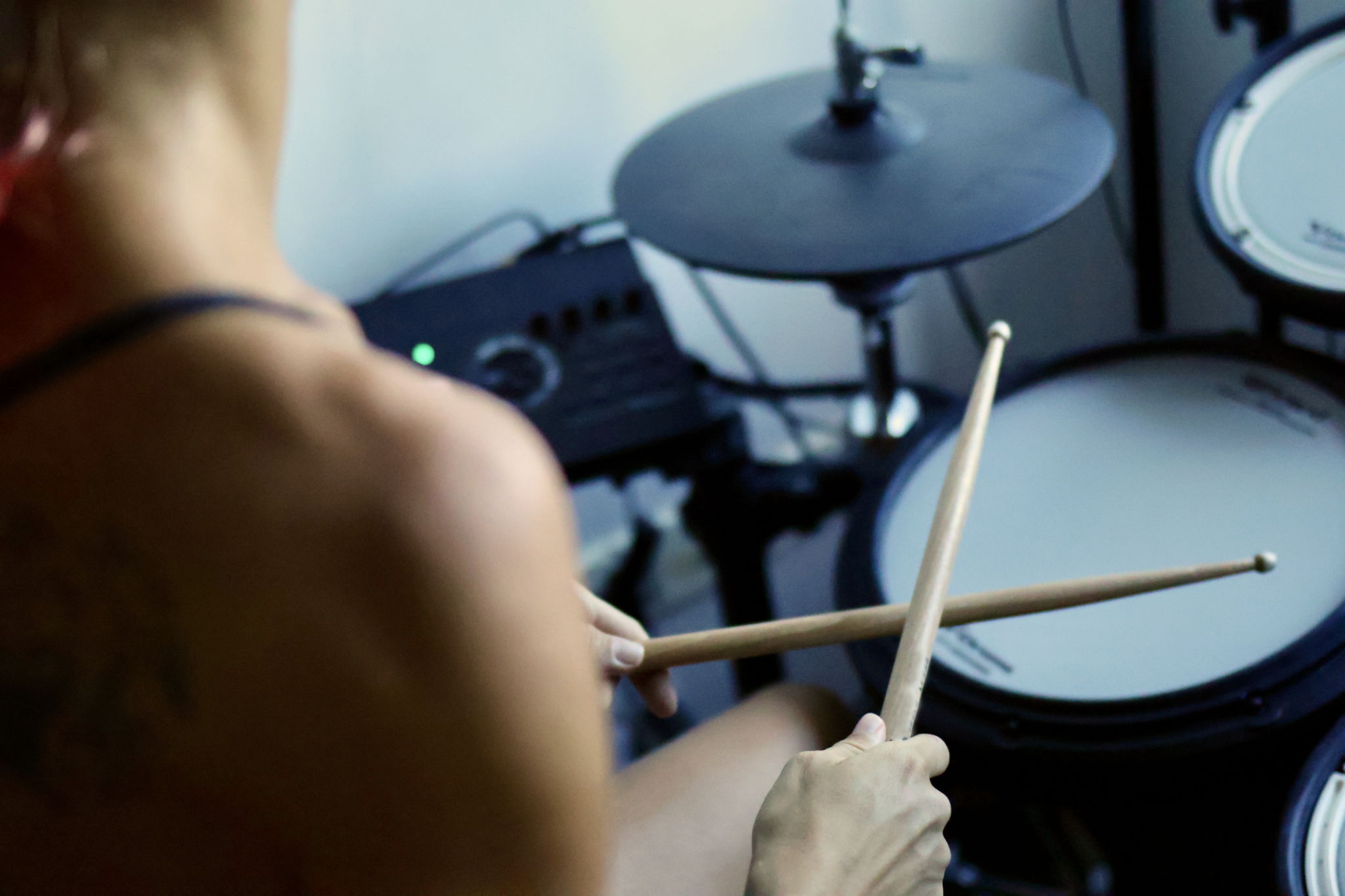Step-by-Step: Setting Up Your Drum Kit for Jazz Performance
Introduction to Jazz Drum Kit Setup
Setting up your drum kit for a jazz performance requires a unique approach compared to other genres. Jazz drumming is all about subtlety, dynamics, and musicality. In this guide, we'll walk you through each step to ensure your kit is perfectly tuned for a jazz setting.

Choosing the Right Cymbals
The cymbals you choose significantly affect your sound. Jazz often requires a lighter touch, so opt for thinner, more responsive cymbals. Consider using a ride cymbal with a clear ping and a dark crash for a more complex sound. Remember, the hi-hats should be crisp but not overpowering.
Tuning the Drums
Tuning is crucial in jazz drumming. Begin with the snare drum; it should be tight enough to provide a crisp sound but loose enough to allow for expressive playing. For the toms, aim for a warm, resonant tone. The bass drum should provide a soft, resonant thump.

Setting Up the Bass Drum
Position the bass drum so that it's comfortably within reach. For jazz, you might want to use a smaller bass drum, around 18 inches, to achieve a more focused sound. Adjust the pedal tension to suit your playing style, ensuring it's neither too tight nor too loose.
Arranging the Toms and Snare
Arrange your toms in a way that allows for fluid movement around the kit. Typically, jazz drummers use fewer toms, often just a rack tom and a floor tom. Position the snare drum at a height that allows for easy access to rim shots and ghost notes.

Positioning the Hi-Hats and Cymbals
Place your hi-hats to the left of your snare drum, ensuring they are comfortable to play with both sticks and foot pedal. Your ride cymbal should be easily reachable and positioned for both rhythm and accents. Crash cymbals should be placed within easy reach without needing to stretch.
Adjusting the Throne and Pedals
Your throne height is vital for maintaining good posture and playing comfort. Adjust it so your thighs are parallel to the ground. Ensure your pedals are aligned with your feet to avoid unnecessary strain, allowing for smooth and controlled bass drum and hi-hat playing.

Fine-Tuning for Performance
Once everything is in place, spend time fine-tuning your setup. Play through a few jazz standards to ensure your kit responds well to your touch. Make any necessary adjustments to angles or heights to enhance your playing experience.
Conclusion: Ready to Play
With your drum kit set up for jazz, you're ready to deliver a performance full of nuance and expression. Remember, the key to jazz drumming is not just in the setup but also in the way you play. Let your creativity flow, and enjoy the rhythm!
